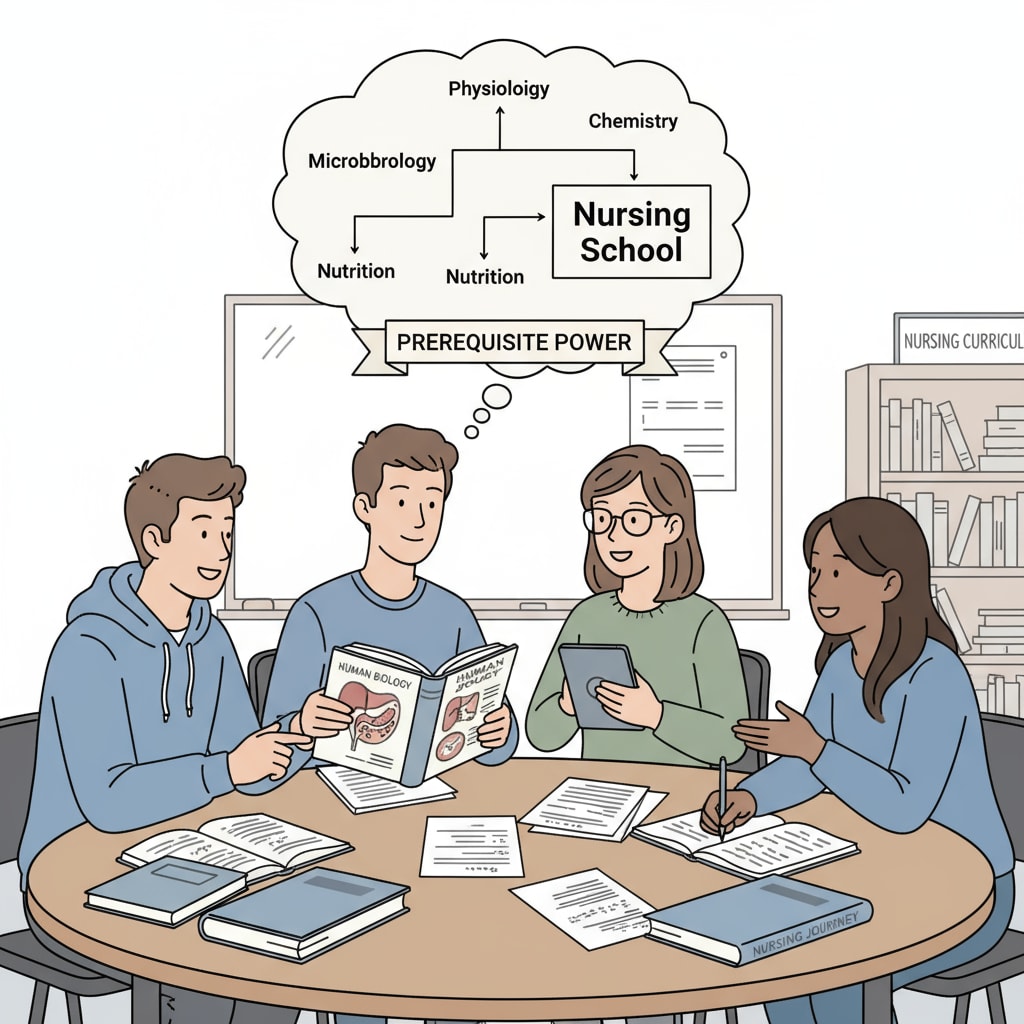For students who have already obtained an associate degree and are looking to pursue nursing education through prerequisite courses, the process of applying for Federal Student Aid (FAFSA) can be fraught with difficulties. FAFSA is a crucial source of federal funding for education, but its limitations pose significant challenges for those on the path to a nursing career.

The FAFSA Dilemma for Associate Degree Holders in Nursing
One of the main issues is that FAFSA has certain eligibility criteria and limitations. Once a student has earned an associate degree, they may find that the federal aid available for further education, especially for nursing prerequisites, is restricted. For example, some of the aid programs might be designed primarily for students pursuing their first degree. As a result, these students often struggle to secure sufficient funds to cover the costs of nursing prerequisite courses. These courses are essential for building a solid foundation in nursing knowledge and skills.

Impact of Federal Funding Policies on Nursing Education Paths
The current federal funding policies have a profound impact on the nursing education journey of associate degree holders. With limited financial support from FAFSA, students may be forced to delay or even abandon their plans to enter the nursing field. This not only affects their individual career aspirations but also has implications for the overall nursing workforce. As the demand for nurses continues to grow, fewer students being able to afford the necessary education due to FAFSA limitations could lead to a shortage in the future.
To address these challenges, there are several solutions that students can explore. First, they can look into alternative sources of funding. Many nursing schools and organizations offer scholarships specifically for students who are transitioning from an associate degree to a nursing program. Additionally, some employers may provide tuition reimbursement or financial assistance to employees who are pursuing nursing education. Another option is to consider part-time study, which can reduce the financial burden by spreading out the cost of courses over a longer period.
Readability guidance: By understanding the FAFSA limitations and exploring alternative funding options, associate degree holders can overcome the financial barriers and pursue their dreams of a nursing career. Learn more about FAFSA on the official website Visit the American Nurses Association for more nursing resources


